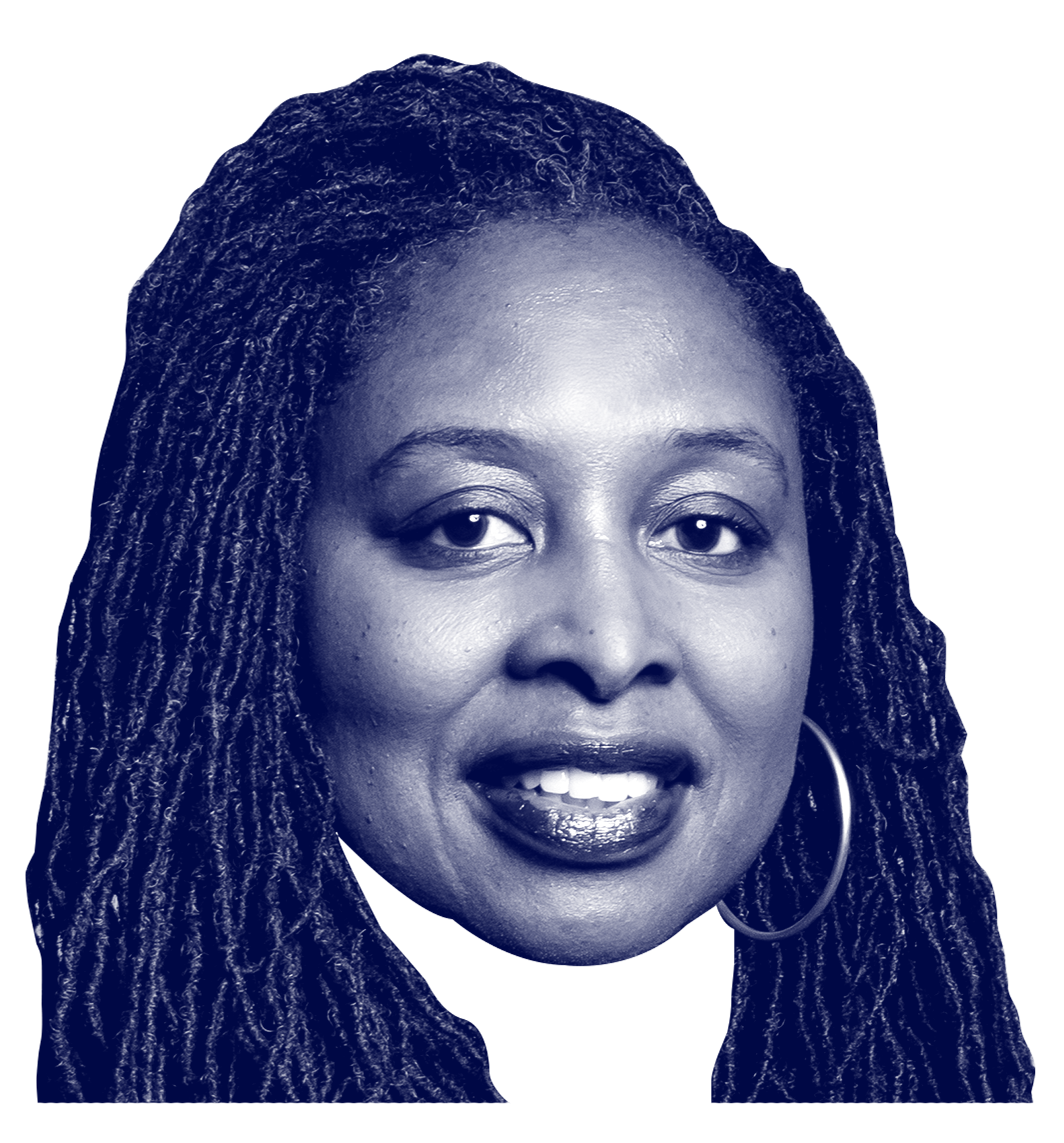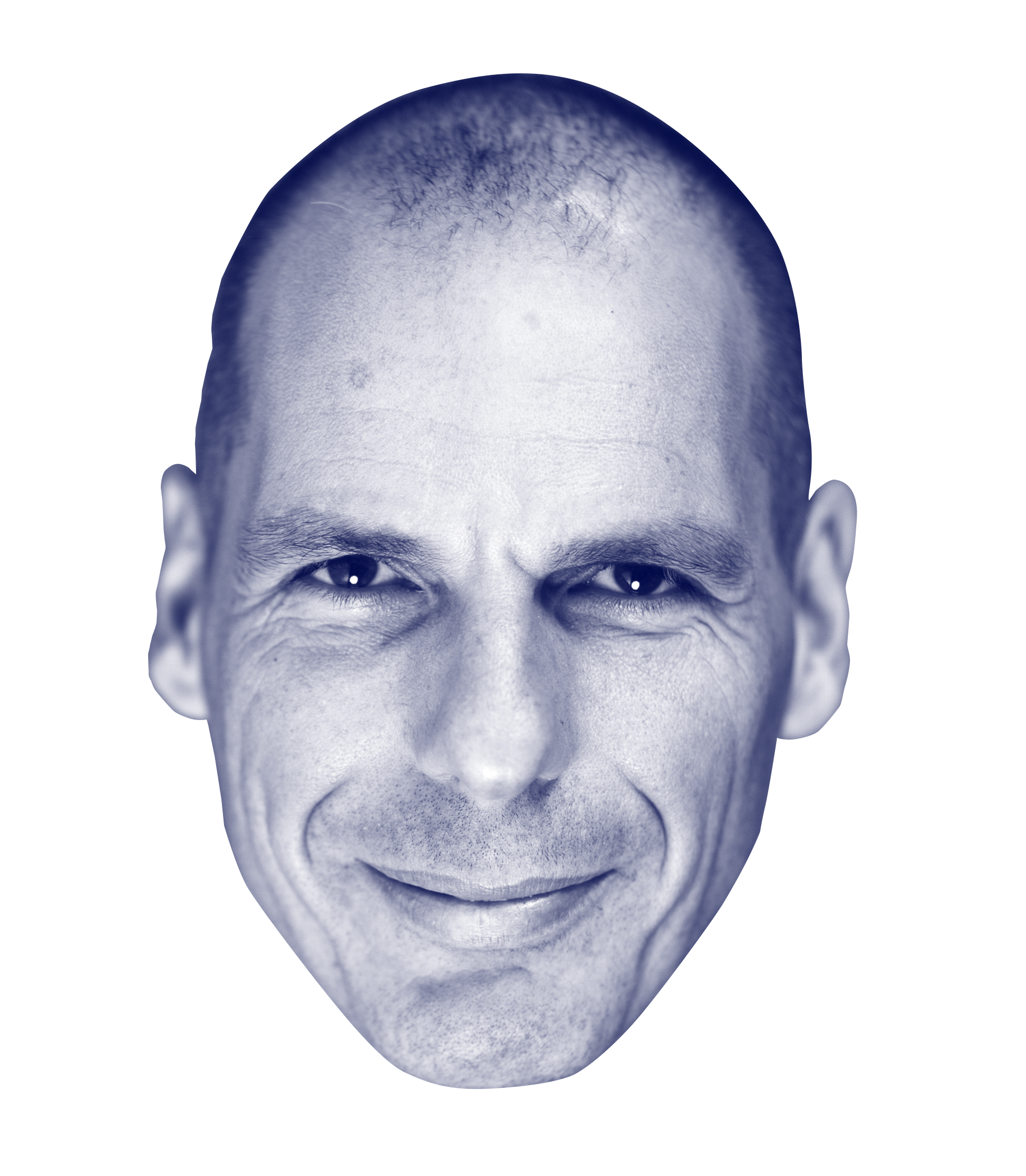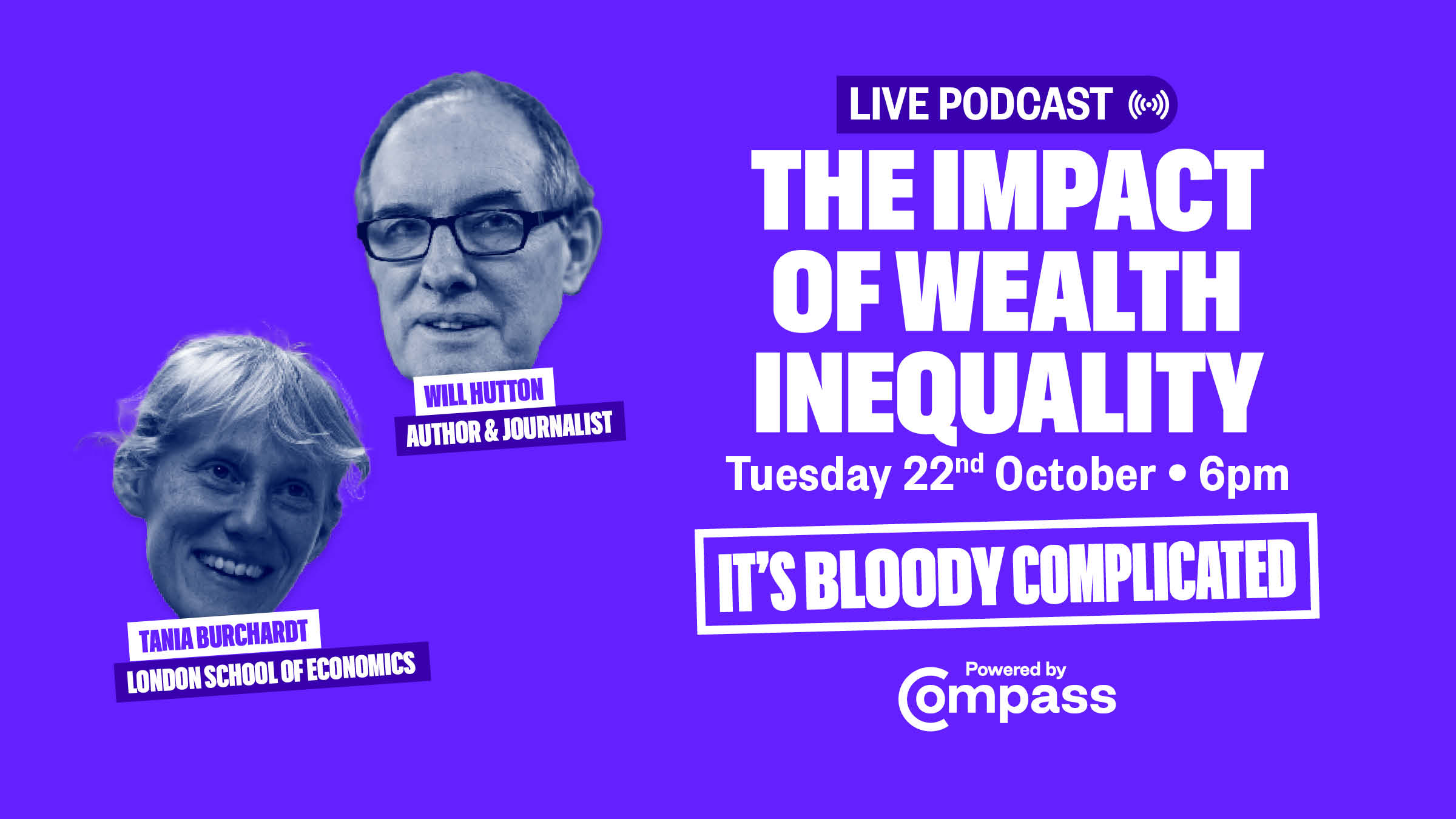The UK is remarkably unequal.
The richest 1% of Britons hold more wealth than 70 % of us combined.
Wealth inequality is gendered, racialised, and extremely regional. Men have an average private pension wealth of £83,879 more than women, a gap of 90%. People in the black Caribbean, Bangladeshi and black African ethnic groups have more net debt (31%, 38% and 44% respectively) than individuals in the Indian ethnic group and the white British and Pakistani ethnic groups (11% and around 15% respectively). The South of England is considerably more wealthy than the North and this difference is growing – the difference in median individual wealth between the South-East (£263,000) and North-East (£79,000) more than doubled between July 2010 to June 2012, and April 2018 to March 2020.
Wealth inequality distorts democratic political cultures, and causes a series of social and environmental harms. But polling shows that many of the consequences of inequality such as undermining economic growth or social cohesion or democracy are poorly understood by most people – and are not fully appreciated by decision-makers.
So how do we bridge these gaps of knowledge and of wealth to move towards a more equal, more equitable society?
The Fairness Foundation have launched a Wealth Gap Risk Register – an online evidence resource about the impacts of wealth inequality, how to reduce it and mitigate its impacts, and public attitudes to it.
Click here to access the Wealth Gap Risk Register.
To mark the launch, we’re hosting the chair of their Editorial Board, Will Hutton, and Director of the Centre for Analysis of Social Exclusion at the LSE, Dr Burchardt to dig into how wealth inequality spills over into democracy, social relations, economic security, a fair tax system, public services and so on – and how to tackle this.
Compass members can join us and put their questions to the experts on 22nd October at 6pm. Join us to consider how we could ensure a minimum standard of living for everyone, and to limit the extent to which wealth inequality spills over into other spheres of life.
About our guests:
- Will Hutton is a political economist, author and journalist.
- Tania Burchardt is a social scientist and Associate Director of the Centre for Analysis of Social Exclusion at the LSE
Compass members can register here for details on how to join the call
If you’re not a member of Compass, join today to take part in this and all other bi-monthly members’ calls





